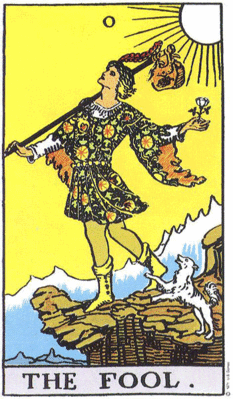Climbing Aboard the Dragon: Homework Every Day
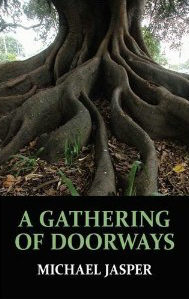
Being a writer is like having homework every day for the rest of your life.
— Lawrence Kasdan
When John from Black Gate suggested I do a guest blog about writing for short fiction markets, I had to check to make sure he hadn’t intended his email for someone else. Surely he meant to send that email to my co-writer for the story “Devil on the Wind,” from Black Gate 14. That would be Jay Lake, who has over 200 story publications and counting.
But nope, the email was correct.
And a quick look at my list of stories over on my website seems to confirm the fact that I may indeed have figured how to sell a short story — fifty story publications thus far. And I have thirty more stories out to various publishers (fingers crosssed!).
Here’s the thing, though. You never figure out the trick to this writing gig. Soon as you think you’ve got it understood, you’re sunk.
Because you can’t rest on your laurels. Trust me on this — even though I’ve sold stories to great places like Asimov’s, Strange Horizons, Interzone, and to this fine magazine as well, I still get rejections aplenty. And while my focus has moved from short stories to novels, with the occasional comic script, I always have fun writing stories.
But I still have more to learn. Much more. And I’d like to share some of what I’ve learned along the way.
 I’ve been pondering the need for heroes in fiction again this week, and I thought it a good time to revisit a post I’d made on the Black Gate Livejournal page a few years ago. I imagine a lot of you haven’t read it; if you have, I apologize for the repeat.
I’ve been pondering the need for heroes in fiction again this week, and I thought it a good time to revisit a post I’d made on the Black Gate Livejournal page a few years ago. I imagine a lot of you haven’t read it; if you have, I apologize for the repeat.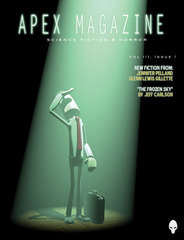 Apex publisher Jason Sizemore has announced that the magazine has re-opened to submissions.
Apex publisher Jason Sizemore has announced that the magazine has re-opened to submissions. It gives me great pleasure to announce what some of you may have already heard — the talented Ryan Harvey, author and Black Gate blogger extraordinaire, has placed third in the International Writers of the Future contest for the First Quarter of 2010.
It gives me great pleasure to announce what some of you may have already heard — the talented Ryan Harvey, author and Black Gate blogger extraordinaire, has placed third in the International Writers of the Future contest for the First Quarter of 2010.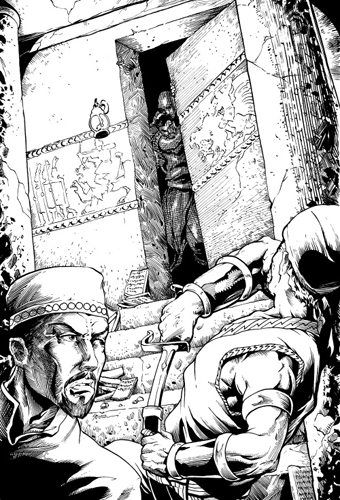 Last week I wrote about obtaining my first book deal
Last week I wrote about obtaining my first book deal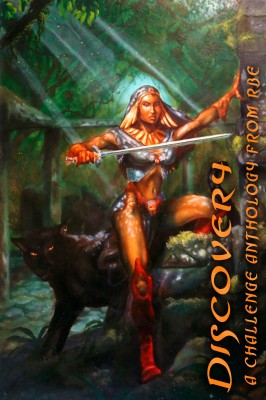 Rogue Blades Entertainment (RBE) has published some terrific fantasy anthologies over the past few years, including Return of the Sword and
Rogue Blades Entertainment (RBE) has published some terrific fantasy anthologies over the past few years, including Return of the Sword and 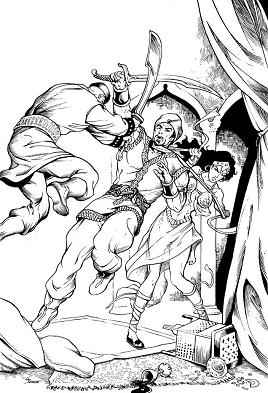 In late July of 2009 I got an offer for a historical fantasy novel from St. Martin’s imprint Thomas Dunne featuring my series characters, Dabir and Asim.
In late July of 2009 I got an offer for a historical fantasy novel from St. Martin’s imprint Thomas Dunne featuring my series characters, Dabir and Asim.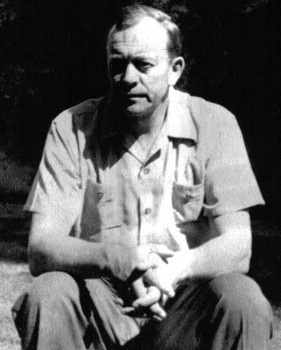 “So it will be when we are dead that perhaps our lives will stand for something.”
“So it will be when we are dead that perhaps our lives will stand for something.”